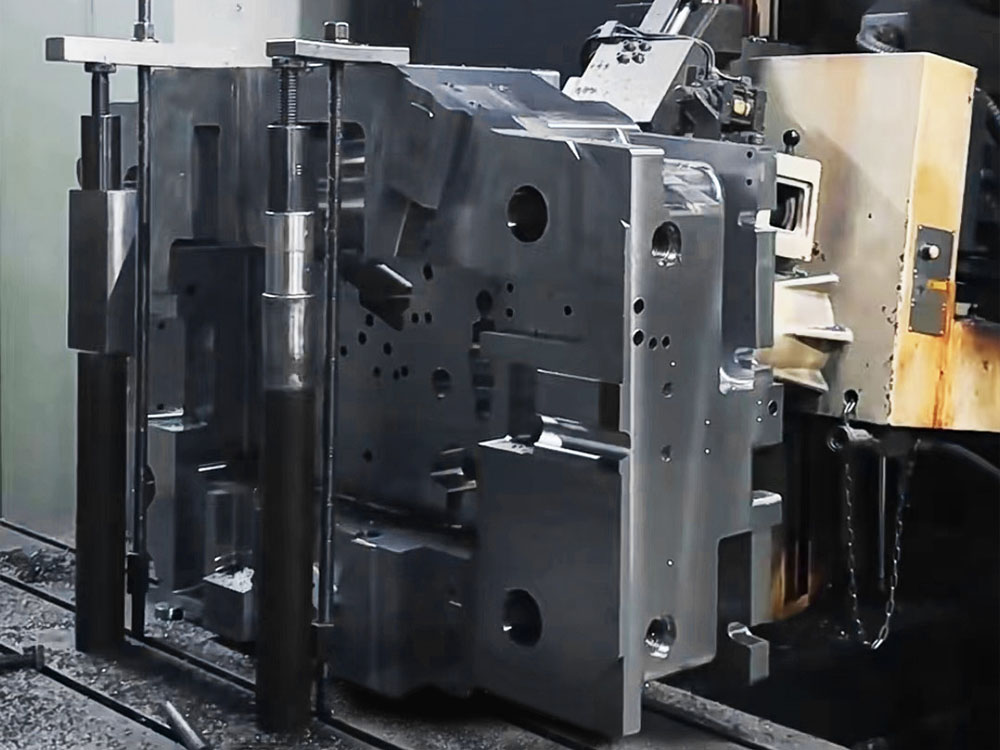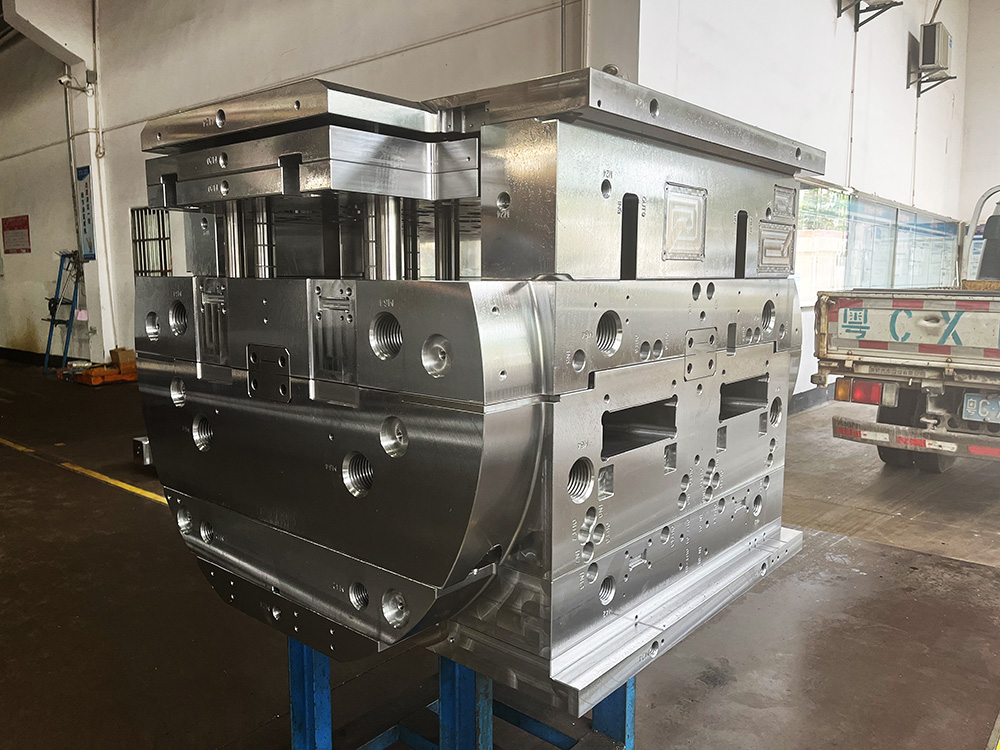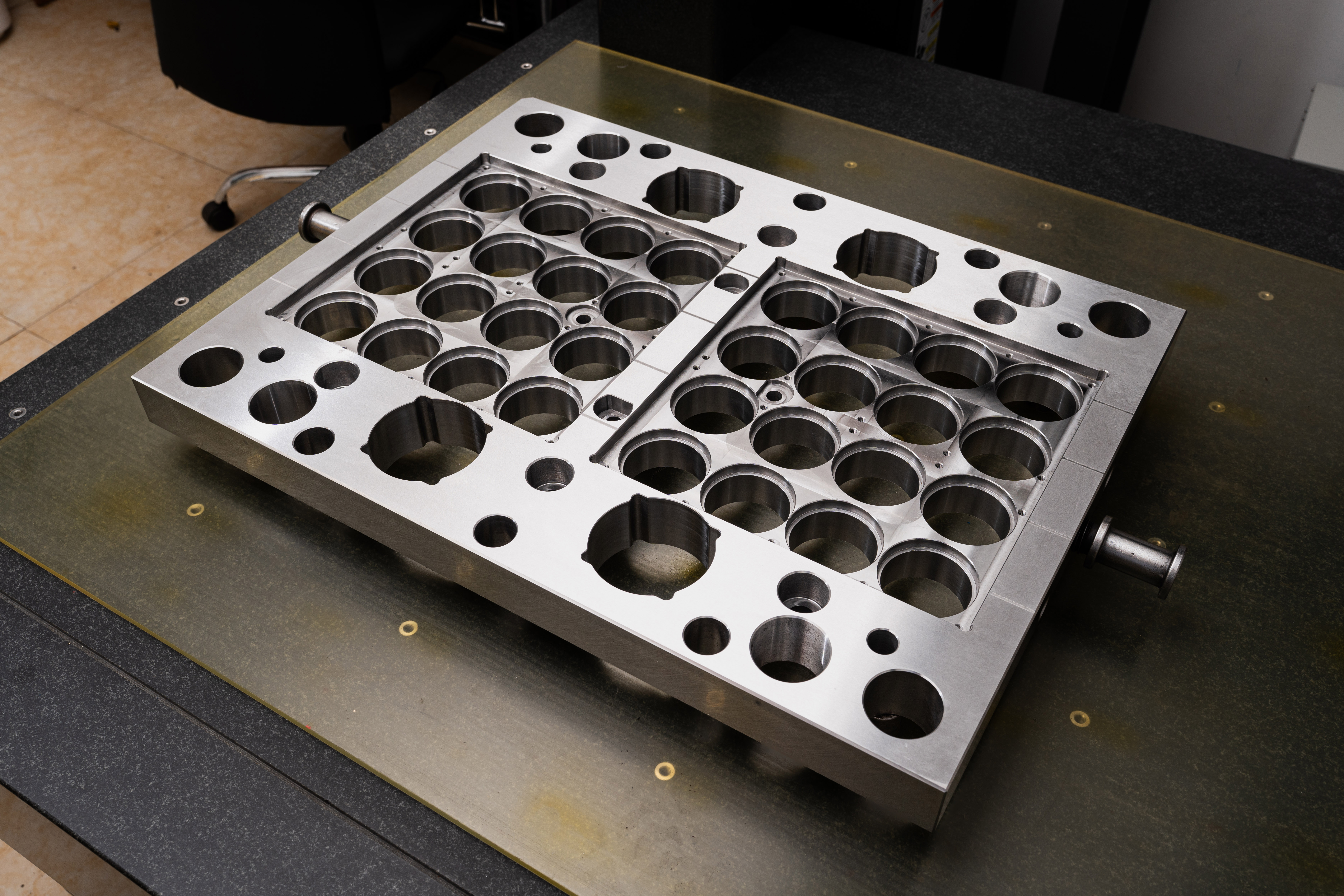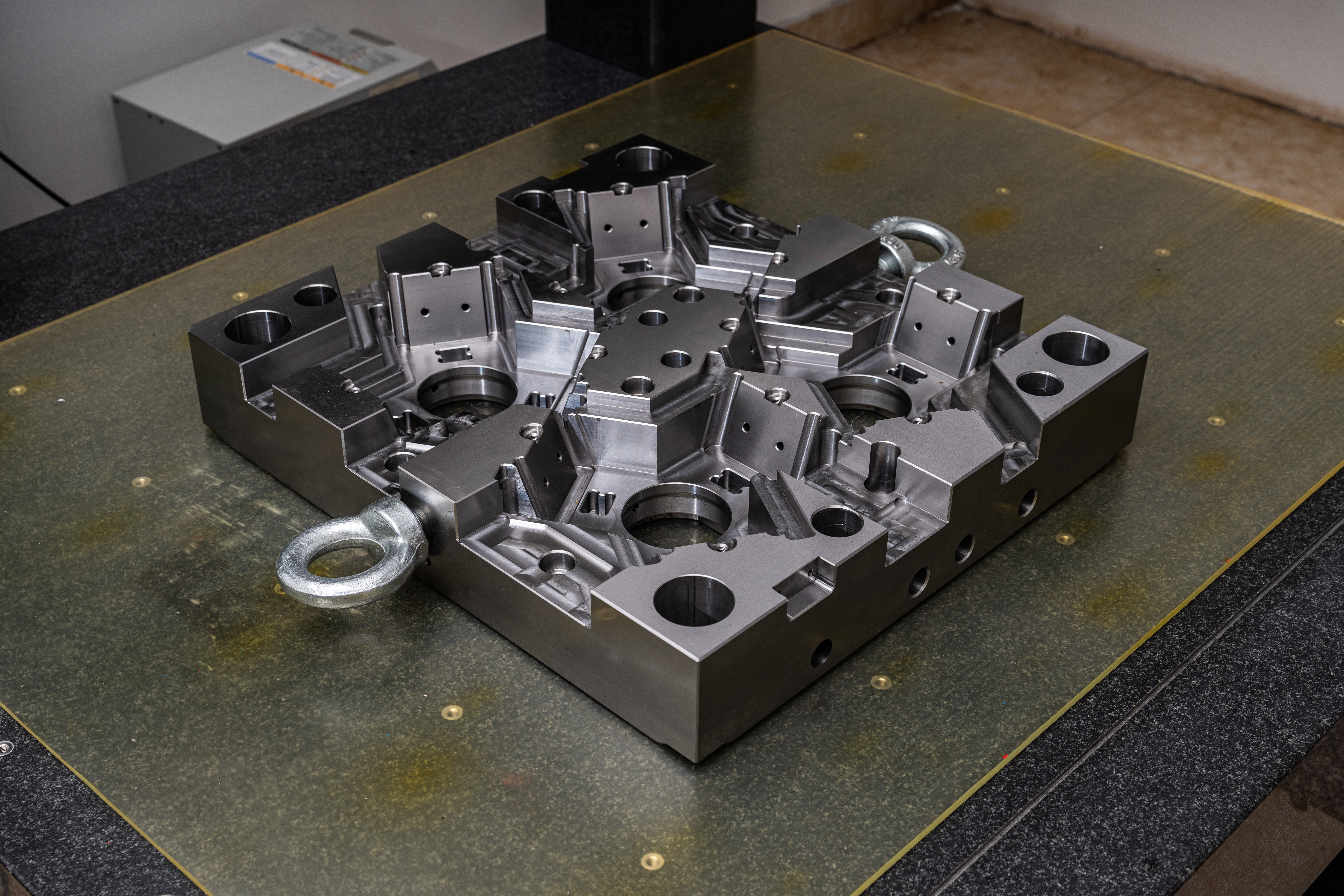What is a modular construction project?
Modular construction is a practice of constructing buildings or structures in a factory setting, where the components are manufactured off-site and then transported to the construction site for assembly. It is a method that has gained significant popularity in recent years due to its numerous benefits.
Components in modular construction
In a modular construction project, various building components are pre-fabricated in a controlled factory environment. These components can include walls, floors, ceilings, doors, windows, electrical and plumbing systems, and even complete rooms or modules. Each component is designed and manufactured to fit together seamlessly, ensuring efficient assembly at the construction site.
Advantages of modular construction
Modular construction offers several advantages over traditional construction methods:
1. Speed: Since the components are manufactured in a factory simultaneously with site preparation, the construction process becomes significantly faster. This can result in a reduction of project timelines by up to 50%, allowing for quicker occupancy or utilization of the building.
2. Cost-effectiveness: Factory production and assembly-line techniques in modular construction lead to improved efficiency and reduced labor costs. Additionally, the controlled environment minimizes waste and allows for better quality control. Overall, modular construction can save up to 20% of construction costs compared to traditional methods.
3. Flexibility and scalability: Modular construction offers the flexibility to customize and modify the building design as per specific requirements. It allows for easy expansion or reconfiguration in the future, accommodating changing needs without significant disruptions or expenses.
4. Sustainability: The controlled factory environment in modular construction promotes efficient use of resources, minimizes waste generation, and ensures proper recycling and disposal practices. This results in a reduced environmental impact and enhanced sustainability of the construction project.
Applications of modular construction
Modular construction finds applications in various sectors, offering versatile solutions for different project types:
1. Residential buildings: Modular construction is widely used in the construction of single-family homes, multi-story apartments, and student housing. The speed and cost-effectiveness of this method make it an attractive choice for affordable housing projects.
2. Commercial buildings: Office buildings, hotels, retail spaces, and healthcare facilities can all be constructed using modular techniques. The flexibility and scalability of modular construction allow for efficient customization and adaptation to meet the specific requirements of each project.
3. Educational facilities: Schools and classrooms can benefit from modular construction due to the reduced construction time and minimized disruptions to ongoing educational activities. Modular construction also offers the possibility of incorporating sustainable features and energy-efficient systems into the building design.
4. Industrial structures: Modular construction is increasingly being used for manufacturing facilities, warehouses, and industrial units. The modular approach allows for efficient utilization of space, easy installation of specialized equipment, and rapid construction to cater to the demands of the industry.
Conclusion
Modular construction offers a range of benefits, including speed, cost-effectiveness, flexibility, and sustainability. The use of pre-fabricated components and assembly in a factory-controlled environment has revolutionized the construction industry, making it an attractive option for various building projects. As the demand for efficient and sustainable construction methods continues to grow, modular construction is likely to play a significant role in shaping the future of the industry.




